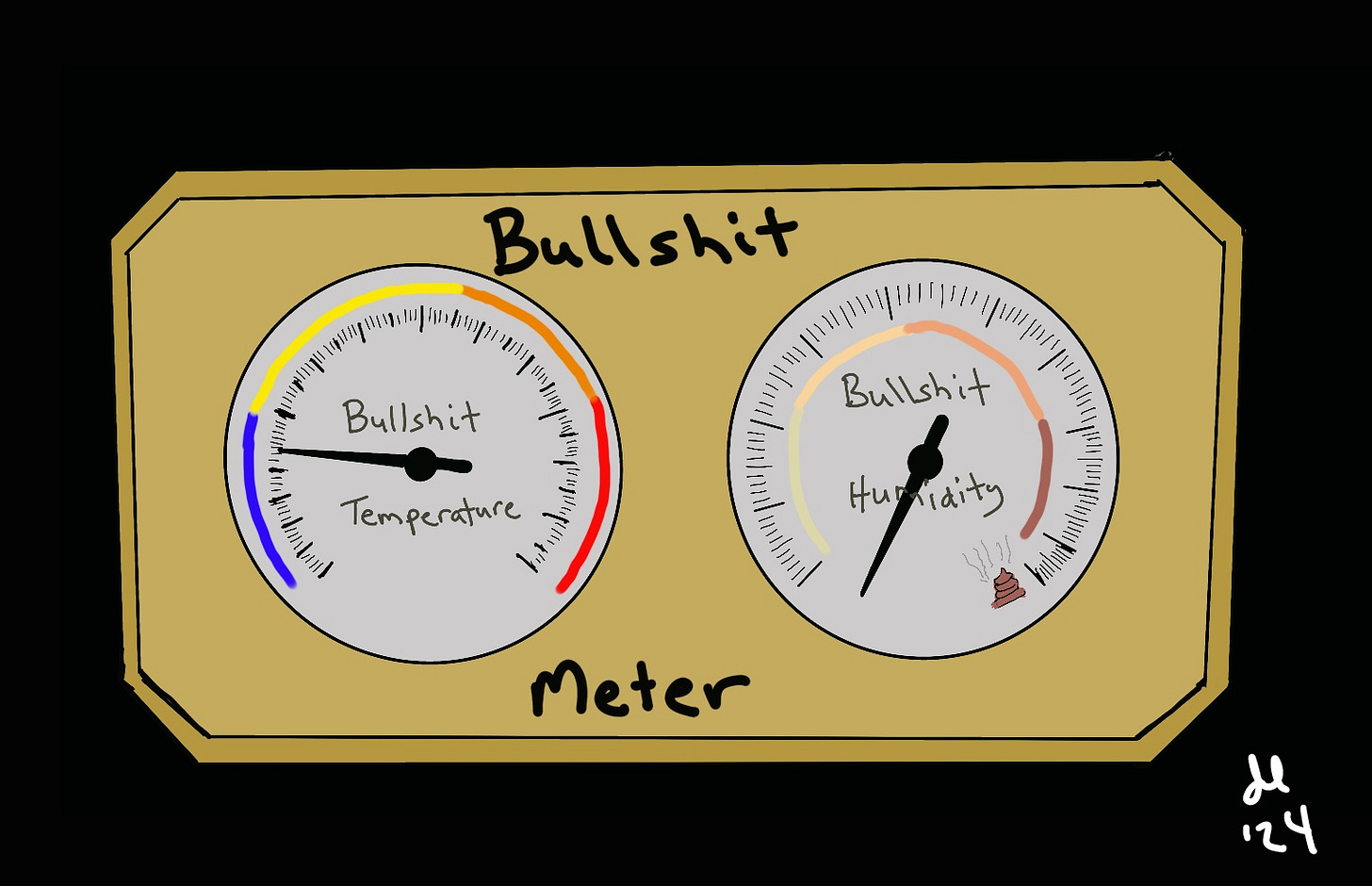Why the Term “Impostor Syndrome” is Bullshit (Discomfort isn’t Deceit)
The Soulpreneur Series Free Issue No. 21
I’ve been noticing the term “Impostor Syndrome” circulating like wildfire —especially in what many call The Creator Economy — articles, social media posts, newsletters, and so on.
“I have Impostor Syndrome,” they say.
It’s unfortunate because the term is Total Bullshit.
It’s tossed around far too often by writers, creators, and entrepreneurs trying to carv…



